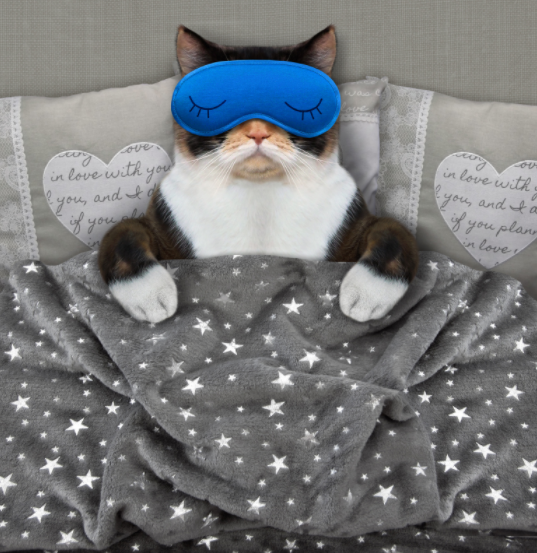
Most of us know that sleep is important. It is a restorative time for the body where the immune system is working, tissue repair occurs as the body works to heal from injuries, and you might even be working to process all of the information you interacted with during the day. Not getting enough rest can leave us groggy and crabby. We can even have difficulty with memory and normal quality of movement. A lack of sleep not only leaves us drowsy for the next day, but can make us feel a sense of disconnect from our bodies. Some may even interpret that as a type of dizziness.
These important functions of sleep go hand in hand with vestibular disorders and concussion. Not getting enough sleep and not following a consistent sleep schedule can trigger dizziness symptoms during post-concussion recovery, or in people with chronic vestibular conditions such as Meniere’s Disease or vestibular migraine. Some studies, in fact, show that of all vestibular conditions, vestibular migraine is most significantly triggered by lack of sleep. Not feeling well and experiencing dizziness because of a chronic vestibular condition can result in poor, insufficient sleep. This causes a downward spiral of lack of sleep, symptom trigger, and then worsening sleep quality. In concussion, chemical changes in the brain may make it difficult to fall or stay sleep. It is reported that up to 60% of all concussion patients have difficulty with sleep and some form of insomnia. Similar to vestibular disorders, a lack of sleep can magnify concussion symptoms. Because lack of sleep can cause cognitive and emotional dysregulation, this can compound similar problems experienced post-concussion. Impaired sleep following concussion strongly correlates with delayed healing.
If sleep is so important, there must be some ways to help ensure that we get a good night’s rest. Some helpful tips for good sleep hygiene include:
If you feel like you are having difficulty with your sleep cycles and habits, be sure to discuss them with your healthcare team. There are a lot of options to help, and you will likely notice and improvement in your dizziness symptoms as well!